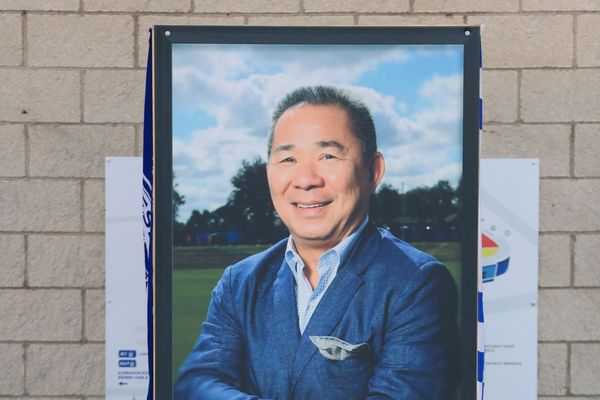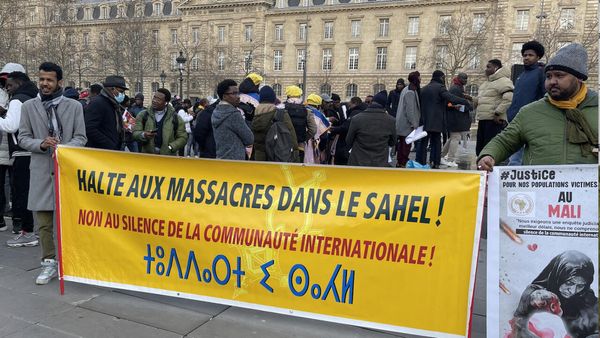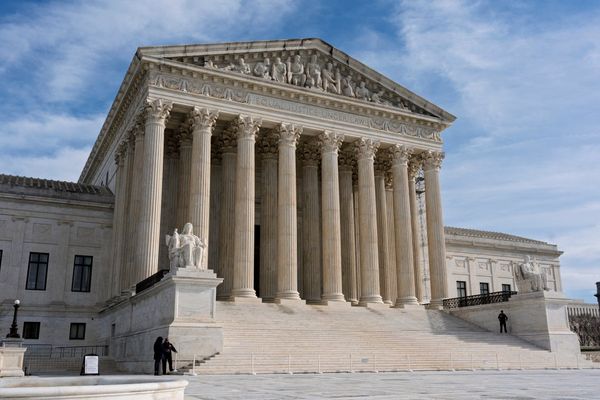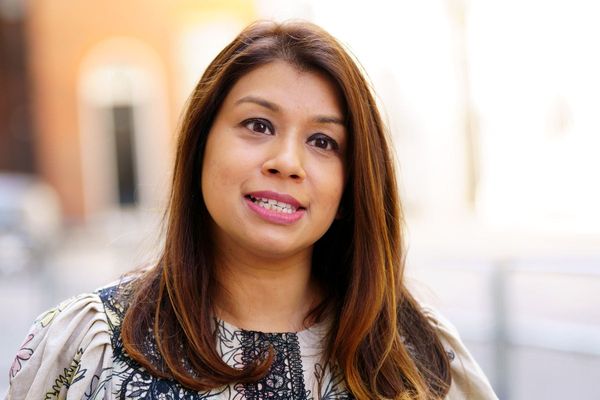Attorney General William Barr's letter to Congress about the principal conclusions of special counsel Robert Mueller's investigation was good news for President Donald Trump, in saying that neither he nor his 2016 campaign colluded with Russia. The letter was far more equivocal on whether Trump tried to obstruct the probe, and as such it has become a rallying point for both supporters and critics of the president.
Barr's letter has succeeded in guaranteeing that we are doomed to more partisan heaving.
It raises issues and does contain truths _ some directly stated, some implied _ that must be acknowledged in any clear and honest evaluation.
Russia did interfere in the 2016 election. This was job No. 1 for Mueller and he proved it beyond doubt. He indicted more than two dozen Russians on charges of spreading disinformation and sowing discord via social media, and of hacking and distributing emails of people associated with the Democratic Party and Hillary Clinton's campaign. Trump must finally and unequivocally accept the conclusion backed by all U.S. intelligence agencies, condemn Russia for its behavior and demand that it stop.
Trump was vindicated as to colluding with Russia in its election-meddling campaign. That should be welcomed by all Americans because the alternative _ that a sitting U.S. president won because of nothing less than treasonous behavior _ is horrifying. Barr quoted Mueller as saying there is no proof of a conspiracy by Trump and his associates, and the president is taking victory laps. One key open question not addressed by Barr is why so many Trump associates lied about contacts with Russians, acts for which several people have been convicted and may serve time in prison.
Why didn't Mueller come to a conclusion about whether Trump obstructed justice? Barr's letter includes a partial quote from the special counsel: "while this report does not conclude that the President committed a crime, it also does not exonerate him." Mueller refused to say definitely that the president did not obstruct justice, and he provided the relevant testimony and documents to Barr that detail Trump's efforts to influence the investigation. As Barr noted, Mueller "sets out the evidence on both sides." The decision that the evidence did not rise to the level of criminality was made by Barr and Deputy Attorney General Rod Rosenstein, who appointed Mueller. Mueller, it seems, was concerned about the significant evidence of obstruction, but believed the question of presidential obstruction is inherently a political one. For no other reason, Mueller should testify before Congress about his decision-making.
Barr should not have made the call on obstruction. He was conflicted, having stated in a 2018 memo before taking office that Mueller's theory of obstruction was "fatally misconceived" and that the president could not be charged with obstruction for simply exercising the powers of his office, for example, by firing FBI Director James Comey. It's a legitimate position. But Barr should have recused himself, as predecessor Jeff Sessions did, on overseeing the Russia probe.
Mueller's report must be made public. That was one decisive take-away from Barr's bare-bones letter. Too much of it was opinion based on findings still not public and it was quite short on legal analysis. The report must be released as quickly as is reasonably possible, and it must be as complete as is allowed by law. There might be no way to quell the partisan wars over the probe, but it will be impossible to do so without public access to the report.
Congressional oversight must continue. Congressional committees are investigating matters related to Russia, as well as other Trump-related organizations. This is an essential and bipartisan part of Congress' job, and should occur responsibly in every presidency. That oversight must include calling Barr, Mueller and Rosenstein to testify. The White House should not attempt to stymie these hearings by excessive claims of "executive privilege."
Trump needs to let the many ongoing investigations proceed. No interference, no obstruction, no meddling. That goes for Barr, too. Federal attorneys in the Southern and Eastern districts of New York, as well as the New York State attorney general, are probing Trump's foundation, campaign, inauguration committee, businesses and personal finances. These processes are governed by clear-cut rules, and to stay within those guardrails, Trump should remain silent.
Mueller's probe was not a witch hunt, and it was not rigged, two of Trump's principal points. It was thorough and effective. Mueller issued more than 2,800 subpoenas, executed nearly 500 search warrants and interviewed about 500 witnesses. He indicted 37 people and entities on 199 counts, and obtained seven convictions. He sowed seeds being cultivated by other jurisdictions. Trump now says Mueller acted honorably. There was legitimate evidence to pursue and claims that required vetting. That's what Mueller did. And if you accept the rule of law, you must accept his conclusions.
These investigations can be painful. The arguments they spark along our national divide can become heated and widen the chasm between us. Another presidential election approaches. But the process must continue. The truth must out. And all of us _ the investigators, those being investigated, and the rest of us watching this long drama play out _ simply have no choice but to let the pursuit of justice grind on.







